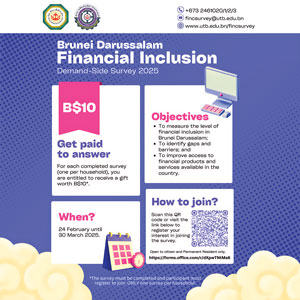SEOUL (AFP) – When news broke about a bedbug outbreak in his native South Korea, 29-year-old blockchain engineer and self-professed insectophobe Kang Jae-gu got straight to work – on the data.
As authorities scrambled to install high-temperature steam heaters at the airport and approve industrial-strength insecticides for home use, Kang started mapping reported infestations.
South Korea has been largely bedbug-free for years, but it has seen a surge in infestations as travel has rebounded after the pandemic – with more than 100 cases of the bloodsucking pests reported since late November, official statistics show.
And while the public has bugged out – and media coverage has spiralled – thousands of people have turned to Kang’s website, bedbugboard.com, for a sober data-driven look at the outbreak.
“I am extremely sensitive to insects, so I sleep under a mosquito net throughout all four seasons,” Kang told AFP.
His fear of bedbugs drove him to create an interactive map that shows the approximate locations of reported infestations across the country, as well as real-time news stories on the issue. The site now receives as many as 50,000 visitors a day, up from around 40 when Kang launched it.
He used a soothing olive-green colour scheme to try and create “peace of mind” for readers, but he told AFP that having to look at photographs of the critters and their eggs to run the website still gives him “goosebumps”.
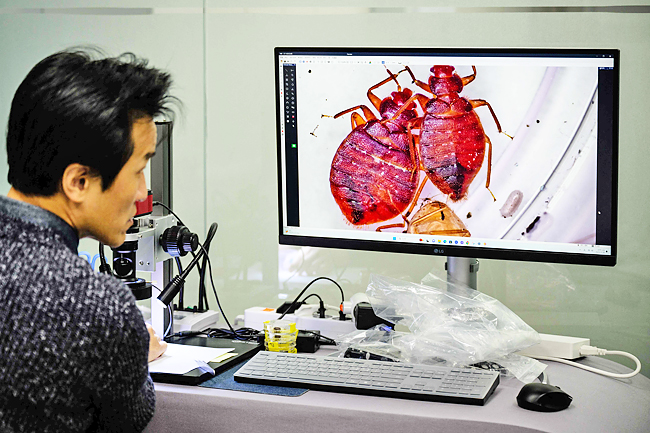

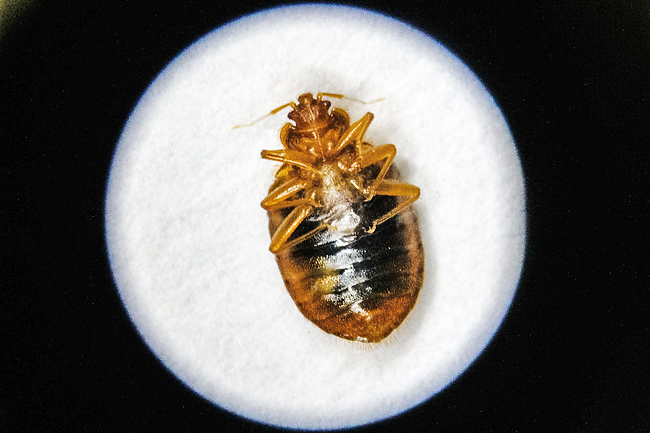
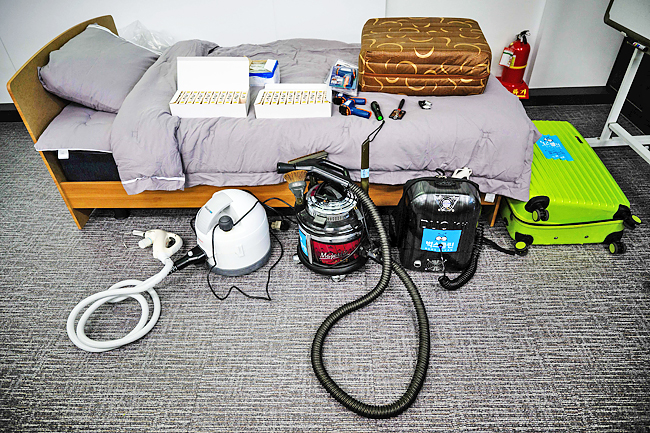
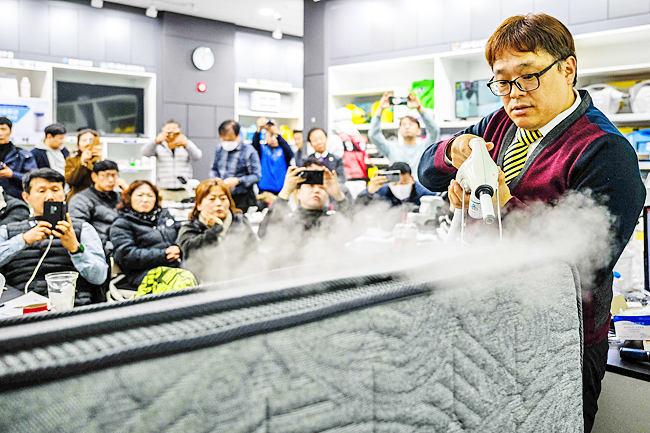
The bedbug invasion of Seoul comes on the heels of a similar outbreak in Paris, which is set to host the Olympic Games next year.
A surge of reported sightings of the creatures sent a shudder through France during the summer and fall – prompting several school closures nationwide.
Public concern has also spread to Britain and Algeria.
In South Korea, 44 per cent of reported cases have been in so-called gosiwon – cheap, tiny housing units typically measuring less than five square metres.
Other affected locations include student dormitories, public bathhouses, and extremely small housing units known as jjokbang, which often lack basic amenities such as bathrooms or kitchens.
Authorities have swung into gear, with Seoul city government allocating KRW700 million (USD500,000) to defend residents in vulnerable housing from the invading pests.
Incheon International Airport, the main airport serving the capital, plans to install high-temperature steam heaters this month to prevent the entry of the bugs into the country.
Seoul also recently approved Neonicotinoids, a class of insecticides used widely on farms, for home use against bedbugs.
“The city of Seoul defines the inconvenience and concern of citizens caused by bedbugs as a significant public health issue,” said an official at the Seoul Metropolitan Government Park Yu-mi.
The city “seeks to take the lead in implementing countermeasures”, she added.
Bedbugs have appeared in greater numbers in recent decades, mostly due to high population densities, people taking more holidays and mass transit.
In France, one in 10 households are believed to have had a bedbug problem over the past few years, usually requiring a pest control operation costing hundreds of euros that often needs to be repeated.
The critters bite people to feed on their blood, creating wounds that can be itchy but do not usually cause other health problems.
But exposure to bedbug droppings can trigger asthmatic attacks while bites can cause rashes or more severe reactions such as anaphylaxis, and even depression.
South Korean experts said the insects are particularly hard to eradicate.
“Bedbugs can live for over 100 days even if they do not eat properly.
They are thin and also hide well,” Kim Ju-hyeon, a professor at Seoul National University’s school of tropical medicine, said in a YouTube video.
Kang plans to keep his website running until the South Korean outbreaks subside.
He said he has never personally experienced an infestation, but “I can imagine how stressful it would be if that happened to me”.

